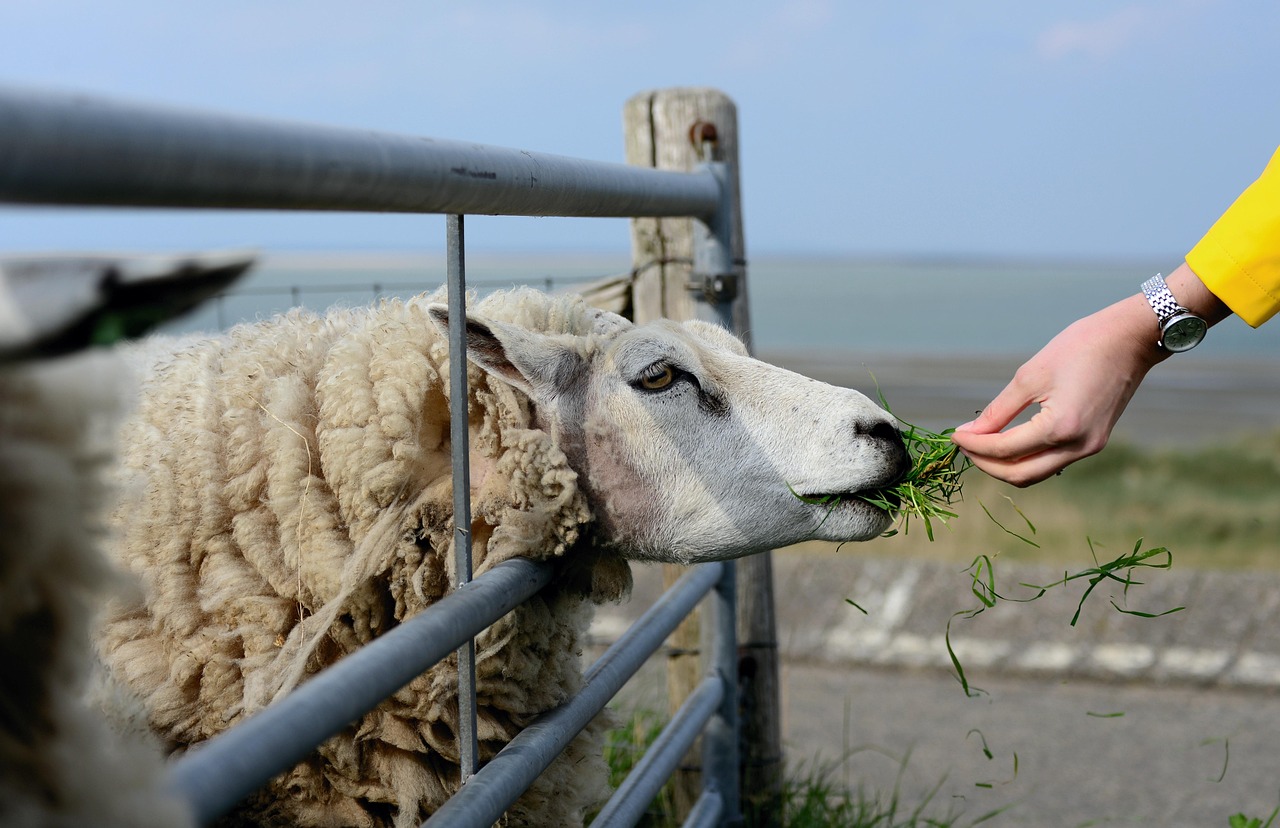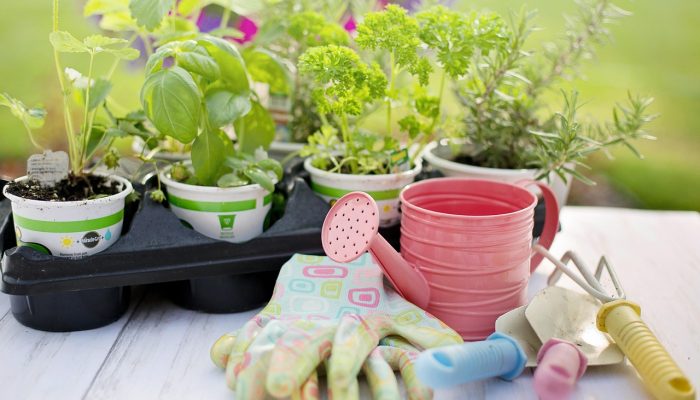Introduction
Farming is tough, and today’s challenges, challenging weather, shaky markets, shifting subsidies, and the fall out from Brexit, are pushing many farmers to their limits. Here, a look at how homeopathy can provide practical benefits for farmers. How homeopathy can support farmers’ stress and, contribute to animal care, while staying grounded in reality and respecting welfare priorities.
The mental health crisis in farming isn’t just talk. Surveys reveal a grim truth: over a third of farmers may be battling depression. In the UK, suicide claims more than one farmer a week.
Confidence is crumbling under relentless pressures. These aren’t fleeting worries; they pile up, eroding resilience.
Why Homeopathy Resonates with Farmers
Homeopathy feels like a natural fit for many in rural communities. It’s practical, think home visits or quick consultations that work around milking schedules or harvest deadlines. Remedies, whether for immediate stress or long-term resilience, can be tailored to the individual. Farmers often pair it with other self-care tactics, better sleep, paced work, support from friends and family, seeing it as one tool in a broader plan. With surveys showing most farmers view mental health as a top issue, it’s no wonder complementary approaches like homeopathy are gaining traction.
Practical Homeopathy for Farmer Stress
Here’s how homeopathy can help, keeping things straightforward and safe:
- Triage First: While Homeopathy plays a supporting role, severe depression, suicidal thoughts, or intense anxiety require crisis services.
- Quick Relief for Acute Stress: For sudden anxiety, post-trauma sleeplessness, or panic, low-potency remedies (6C, 30C) like Argentum nitricum (for dread), Aconitum (for shock), or Coffea cruda (for racing thoughts) can help, always tailored to the individual and reviewed quickly.
- Long-Term Resilience: A constitutional remedy, selected after an in-depth consultation, pairs with practical steps like better rest, peer networks, or links to charities like RABI. It’s about strengthening the whole person, not just masking symptoms.
- Farm-Friendly Follow-Ups: Brief check-ins, often by phone, respect farmers’ packed schedules while tracking progress and tweaking plans.
The focus is on safety, low burden, and empowering farmers to manage stress effectively.

Homeopathy for Animals: A Veterinary Ally
Homeopathic veterinarians, who blend conventional training with homeopathic expertise, see that homeopathy can play a valuable role.
- Teamwork with Vets: Homeopathic vets integrate remedies to support recovery or manage conditions.
- Where It Shines: Homeopathy can be trialled for low-risk issues like behavioural stress (e.g., weaning anxiety in calves), minor digestive troubles, or as part of herd health plans. For example, remedies like Nux vomica for digestive upset or Ignatia for stress might complement optimized nutrition and housing.
- Tracking and Transparency: Vets and farmers keep detailed records, remedy used, animal’s response, other treatments, to monitor outcomes.
Homeopathic vets value the approach for its ability to support animal resilience, especially in organic or low-stress systems, but they’re firm: it’s a partner to, not a substitute for, standard veterinary practice. Reviews of veterinary homeopathy echo this, noting positive anecdotal reports but urging more rigorous trials to confirm benefits.
On-Farm Protocols That Work
The practitioner suggests practical steps for homeopathy in animal care:
- Team Up: Share plans with the vet and note them in herd health records.
- Start Small: Test remedies on a few animals before scaling up.
- Build on Best Practices: Pair remedies with top-notch nutrition, hygiene, and husbandry.
- Safety First: Agree on escalation plans, who to call, when, if things go south.
Building Farm-Wide Resilience
Homeopathy is just one tool in the toolbox. There is much benefit to be had from broader solutions for farmer wellbeing: peer networks to combat isolation, emergency financial advice, and better work-life boundaries. Homeopathy can ease symptoms or offer a sense of control, but a the whole support package will help tackle economic and other pressures like climate challenges or policy changes, that drive stress.

Final Thoughts
The key take aways:
- Use homeopathy as a supportive tool.
- Try targeted remedies for acute stress and constitutional ones for long-term strength.
- Keep meticulous records, involve vets, and prioritise animal welfare.
- Take advantage of other support opportunities such as peer groups, charities, financial support, for lasting impact.
Homeopathy, when done right, can be a practical piece of a farmer’s toolkit: tailored, transparent. In the hands of those who know farming’s grind, it can offer real support, both for farmers and their animals.
Our reading room’s an opportunity to have personal time browsing our shelves full of wisdom.
The Helen Campbell Homeopathy Foundation SCIO is a registered educational charity focused on sharing homeopathy’s fascinating history and wonderful wisdom. We’re here to inform, not prescribe!




